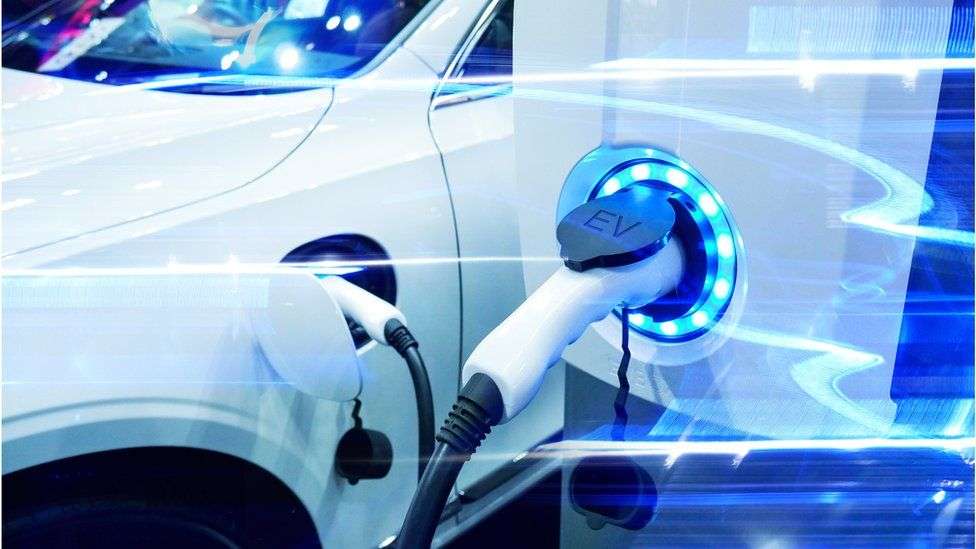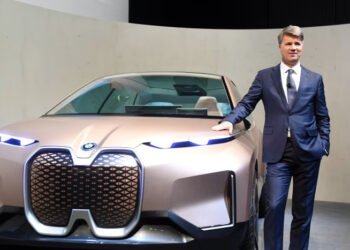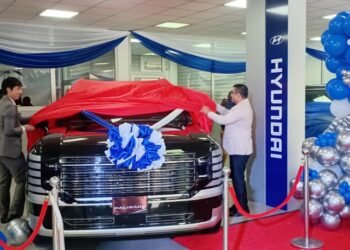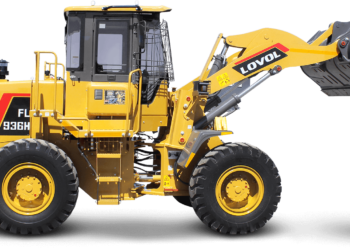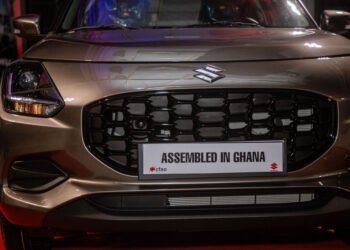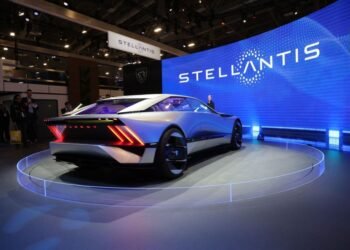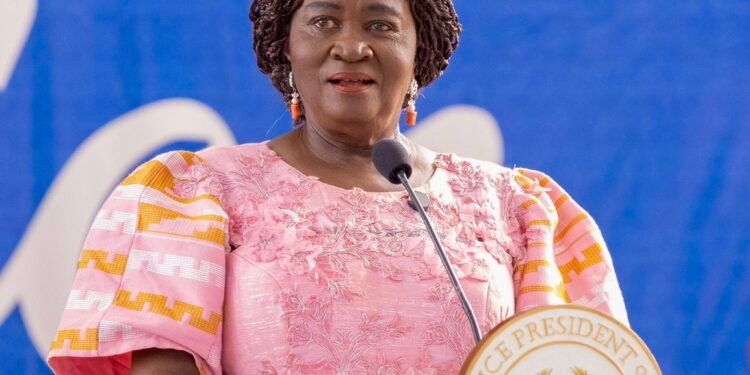Toyota Motor Corporation (TMC) has hit back at those criticizing the company’s migration to Electric Vehicles (EV) noting that it needed to offer a variety of car choices to suit different markets and customers amid customers’ expectations of moving with the global trends on vehicle electrification.
The automaker made the clarification while pushing back against critics who said it has been slow to embrace battery electric vehicles.
Once a favourite with environmentalists for its popular hybrid Prius model over the years, Toyota has come under fire for not phasing out petrol-powered cars and its lobbying on climate policy.
At its last annual general meeting, the world’s largest carmaker by sales doubled down on its position that it would stick with technologies including fuel cell vehicles and hybrids that have for the past two decades made it a leader in cleaner cars.
Apart from concerns about its electrification strategy, Toyota executives tackled a range of questions on CEO succession plans to the ongoing chip shortage.
“The goal is carbon neutrality,” Toyota’s chief technology officer Masahiko Maeda said at the automaker’s annual general meeting while responding to questions submitted by Danish pension fund Akademiker Pension, which also asked Toyota to refrain from lobbying to undermine the transition to BEVs.
Maeda noted that customers needed to choose in order to popularise electric cars that include plug-in hybrids. “A variety of options should be available and the carmaker should not narrow those down,” he said.
Toyota argued that hybrids still make sense in markets where infrastructure is not ready to support a faster move to BEVs, and is exploring the viability of green fuels for internal combustion engine cars, including hydrogen.
Seiji Sugiura, a senior analyst at Tokai Tokyo Research Institute, averred that there is a gap between Toyota, which approaches decarbonisation in a pragmatic way, and environmental groups that call for immediate action.
The positions are not polar opposite, he asserted, adding Toyota has been working to slash greenhouse gas emissions from the vehicle production stage.
Collaboration with Redwood Materials
As part of the plans to slash greenhouse gas, the Company hinted that it is partnering with Redwood Materials, a battery recycling company helmed by Tesla co-founder JB Straubel, to collect and recycle vehicle batteries. The plan is to take old, worn-out batteries and either refurbish them or break them down so their materials can be used to create new batteries.
The company indicated that it receives around six gigawatt-hours worth of batteries a year for recycling and it hopes to be producing 100 GWh worth of components by 2025 and five times that by 2030.
The automobile company last year committed to spend 8 trillion yen by 2030 to electrify its cars, half of which is for the development of fully electric vehicles. Still, it expects annual sales of such cars to reach only 3.5 million vehicles by the end of the decade, or around a third of current sales.
Just last month, Toyota rolled out its first mass-produced all-electric vehicle, the bZ4X, and petrol-electric hybrid models remain far more popular in Japan.
READ ALSO: Foreign Investors Reduce Stakes in Domestic Equities

